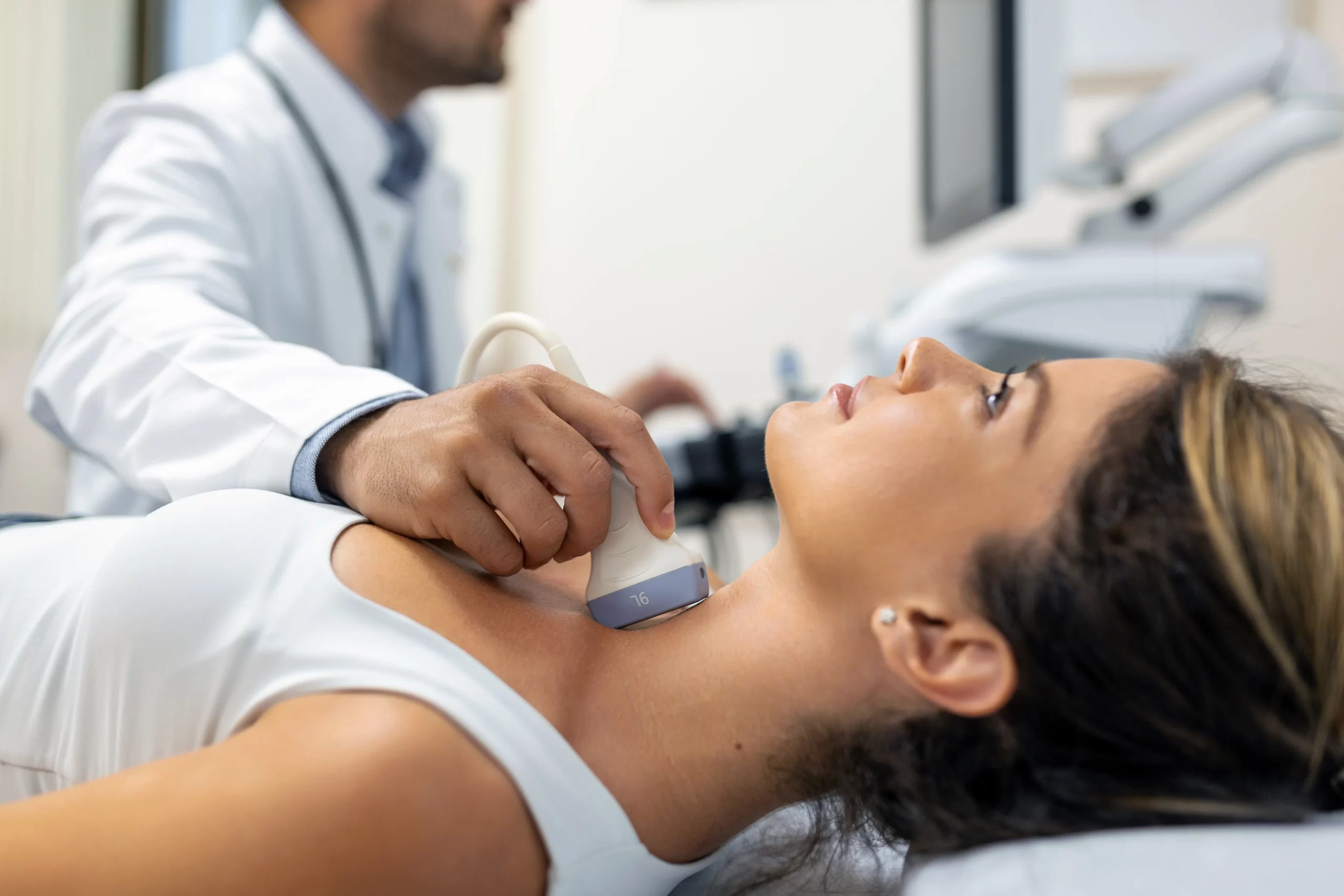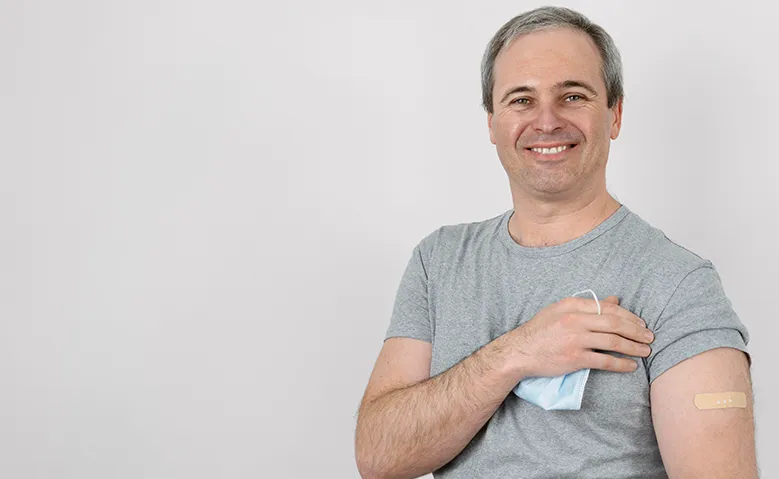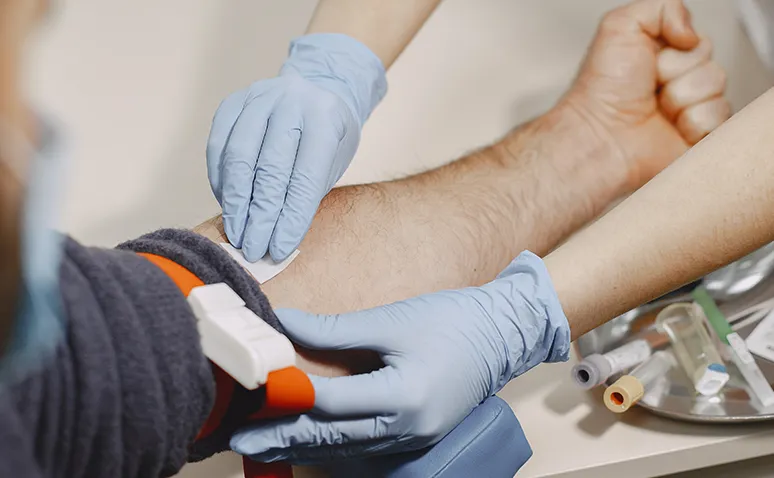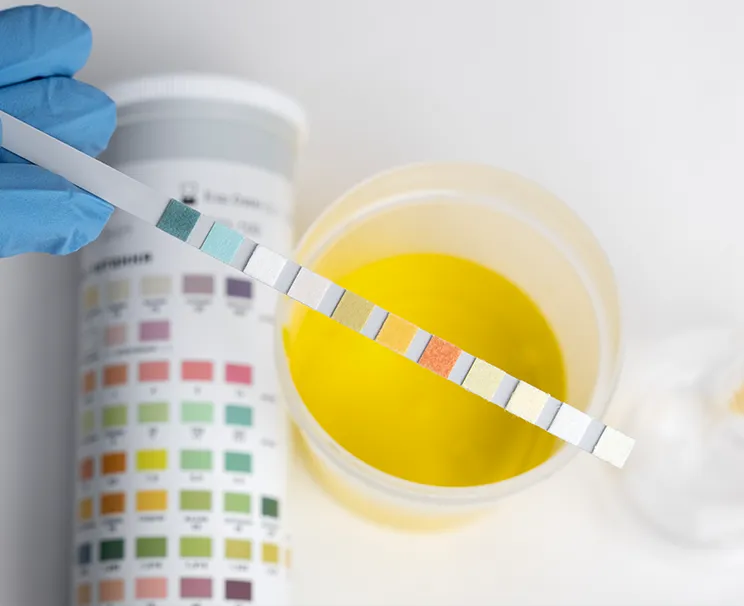HPV symptoms in men can often be so mild that they go unnoticed. In some individuals, the symptoms progress silently, while others may observe rough patches on the skin, mild irritation, or noticeable warts. These findings, especially when located in the genital area, can continue to spread if left undetected.
HPV symptoms in men are not limited to external appearance; over time, they can cause discomfort in other areas of the body. A burning sensation in the throat, oral lesions, or irregular tissues in the anal region should also raise suspicion. Painful urination, frequent itching, or sensitivity may become more evident when the immune system is suppressed. In some cases, the virus may be carried without any symptoms. Therefore, screening and specialist examination are crucial even in the absence of symptoms.
What Are the Symptoms of HPV in Men?
HPV (Human Papillomavirus) is a common infection that affects both women and men. In men, HPV can often progress for a long time without any symptoms. However, in some cases, visible warts on the skin, itching, or discoloration in the genital area may appear. These symptoms usually become more noticeable when the immune system is weakened.
Some types of HPV have the potential to lead to serious health problems over time. High-risk types, particularly those associated with anal, penile, and throat cancers, can pose a significant threat to men.
Recognizing HPV symptoms early provides a great advantage in terms of treatment. To confirm the infection, HPV testing is recommended. This test can reveal the virus even in asymptomatic cases.
Common symptoms that may be associated with an HPV infection include:
- Wart formation around the genital or anal area
- Small, raised, and firm bumps on the skin
- Itching, irritation, or burning in the genital area
- Pain or discomfort during urination
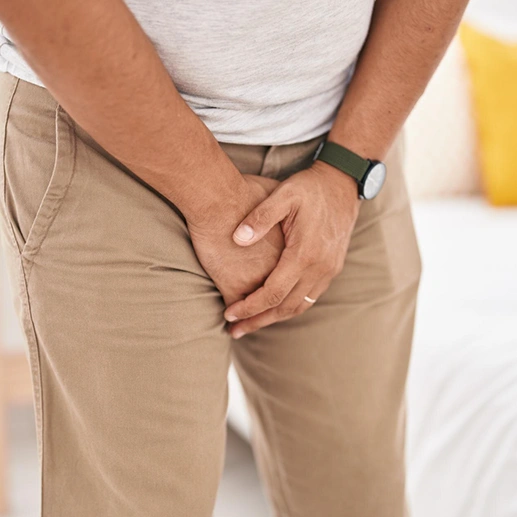
If such symptoms are observed, a specialist should be consulted without delay. Once diagnosed, HPV treatment in men typically involves burning, freezing, or medicating the warts. Supportive treatments that strengthen the immune system are also included in the process.
Since HPV is transmitted sexually, avoiding unprotected intercourse and getting regular health check-ups are vital. Early diagnosis protects individual health and prevents the spread of the virus.
How Is HPV Treated in Men?
Treatment depends on the type of infection, the severity of symptoms, and the condition of the immune system. The goal is to relieve existing symptoms, prevent the spread of the virus, and support immune health.
The main treatment methods include:
- Topical treatments: Creams applied directly to the warts aim to prevent viral spread on the skin. These prescription medications can yield positive results with consistent use.
- Cryotherapy (freezing): This method uses liquid nitrogen to freeze and remove genital warts. Warts fall off shortly after application, allowing new tissue to form.
- Electrocautery or laser method: Warts are removed by burning or vaporizing them with a laser. This method is generally preferred for recurring or large lesions.
- Immune support: There is currently no medication that fully clears HPV from the body. However, a strong immune system plays a key role in suppressing the virus. Adopting healthy lifestyle habits, using vitamin supplements, and avoiding smoking help support the treatment process.
During treatment, abstaining from sexual intercourse, having the partner tested, and treating them if necessary is important. These approaches protect personal health and help prevent the virus from spreading to others.
HPV often shows no symptoms. Men who notice warts, itching, or discoloration in the genital area should consult a doctor. A definitive diagnosis requires testing.
He should consult a urologist or dermatologist for testing and start appropriate treatment based on the symptoms. Using condoms during sexual activity is recommended.
In individuals with a strong immune system, the virus usually clears on its own within 1-2 years. In some cases, it may remain in the body for a longer period.
Yes, HPV is easily transmitted through sexual contact. A man carrying the virus can infect his partner during unprotected sex.
HPV remains contagious until it is completely cleared from the body. The disappearance of warts does not mean the virus is no longer transmissible.
Yes, but to protect the partner, it is recommended to use condoms and have open communication between partners about the condition.
For early diagnosis and to prevent potential complications of HPV, you can schedule an appointment at Denge Tıp.



